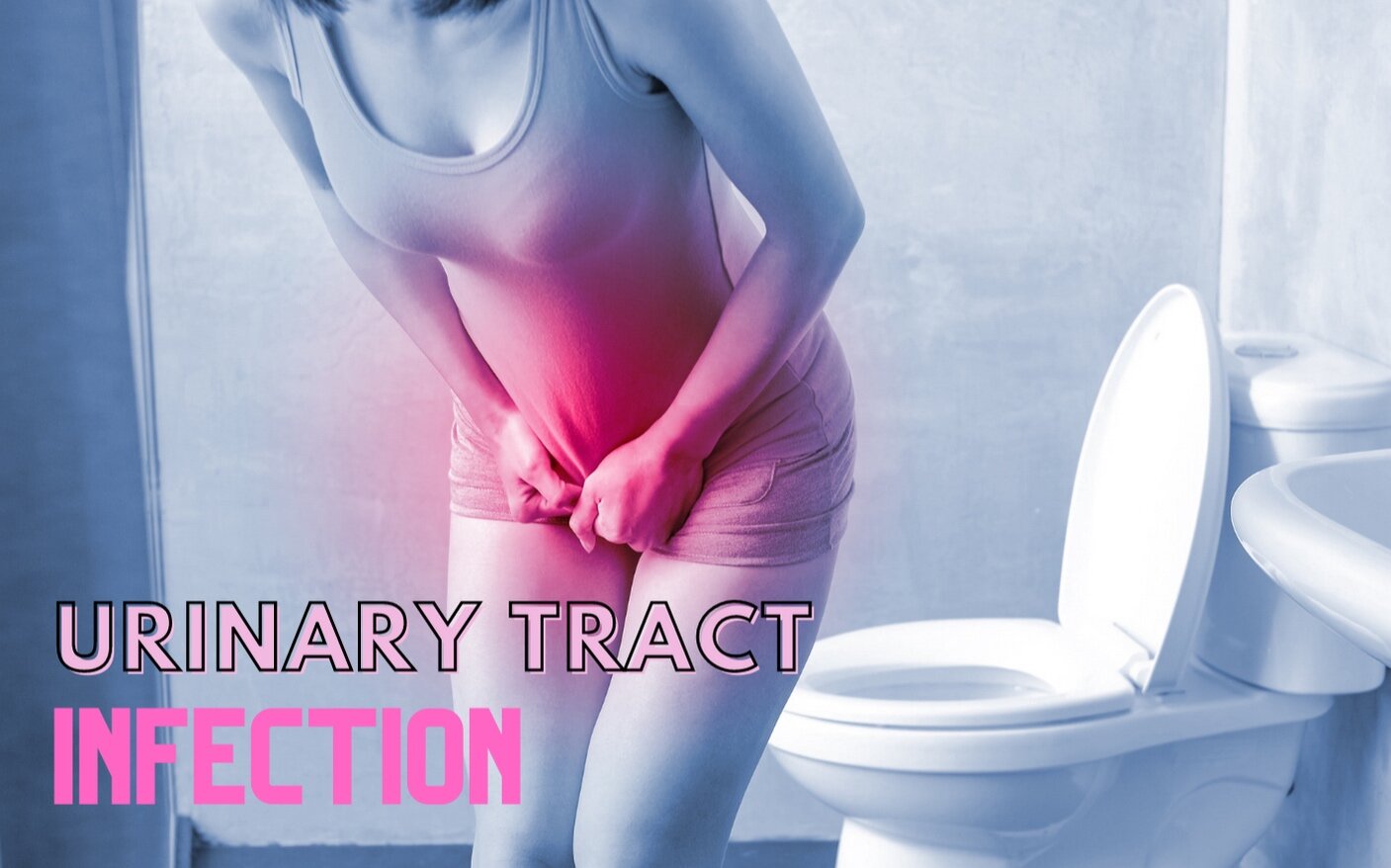Cervical Cancer

Cervical Cancer
By Dr Nile
Cervical cancer develops in the ‘cervix’ which forms the entrance to the womb. It is almost always caused by a common virus that changes the cells within the cervix. Human Papilloma viruses (HPV) are a group of viruses of many different types. Most of these are harmless and affect other parts of the body but some strains can cause genital warts or cancer.
It is very easy to catch HPV, usually through sexual contact, although this can happen by close skin to skin contact with someone who has the virus without penetrative sex. Most people will be infected at some point in their lives. Often your body will clear the virus, usually within two years, but the longer it persists the higher the chance of developing cancer.
The HPV vaccine is offered to boys and girls aged 12 to 13, with a second dose 6-24 months later. This protects them from getting the common and harmful strains of HPV, which can cause genital warts and cervical and anal cancers.
Cervical cancer is very slow growing so if detected early it is usually curable. There is a screening programme for women that starts from the age of 25. This examines cells from the cervix once every three years. If any abnormal cells are detected, the woman is referred to a colposcopy clinic where a doctor can look more closely at the cervix and offer treatment to remove these abnormal cells and therefore prevent any cancerous growth.
During the screening test, women need to have a vaginal examination using a speculum, which is a clear plastic instrument that holds open the walls of the vagina so that a small brush can be inserted into the opening of the cervix and a small sample of cells can be collected. This is usually carried out by a nurse who then sends the sample to a laboratory for testing.
The results of the ‘smear test’ usually come back after about 2 weeks. The test can pick up any abnormal cells, but also checks for any HPV infection, which helps to identify those people at higher risk of developing abnormal cells in future. Abnormal cells can be the earliest sign of cervical cancer and if detected, a treatment to remove these is offered. If HPV infection is detected but no abnormal cells, women are called back sooner than 3 years for further screening.
Cervical cancer does not always show any symptoms so having regular screening tests is extremely important to protect yourself from a condition that is very easily treated if detected early but can be fatal if left untreated. If you do get symptoms, these are usually abnormal vaginal bleeding that occurs in between periods or after sexual intercourse. It can also cause vaginal discharge, pain in your lower abdomen or lower back and discomfort during intercourse.
If you develop any of these symptoms, it is important to see your doctor even if you have had a normal screening test or you are yet to be screened. A vaginal examination can help to exclude cervical cancer as well as many other conditions that can cause similar symptoms.
Other than having HPV infection, there are a few other risk factors that put you at higher risk of developing cervical cancer. These include smoking, taking the oral contraceptive pill for more than 5 years, sexual intercourse at a young age, increased number of sexual partners or having a partner who has multiple sexual partners, low social status, having a baby at a young age or having more than 5 children and having HIV infection.
In line with the theme of this celebratory edition of the magazine, it is fitting to mention Jade Goody, a Big Brother contestant who went on to appear on the show again four years after her first appearance. Jade, unfortunately, did not participate in cervical screening, which meant her cervical cancer was not identified early enough to save her life. Her battle with cervical cancer was courageous and inspiring, but her biggest legacy is her efforts to highlight the importance of cervical screening for all eligible women.
When the time comes for you to be invited for cervical screening, learn the valuable lesson given to us by Jade Goody and be sure to book your ‘smear test’ screening appointment. It is always better to be safe than sorry.
Our mission is to change the perception of beauty. To change the way young women view themselves and change the way they are viewed by the world around them. Join us on the BeYoutiful journey.






